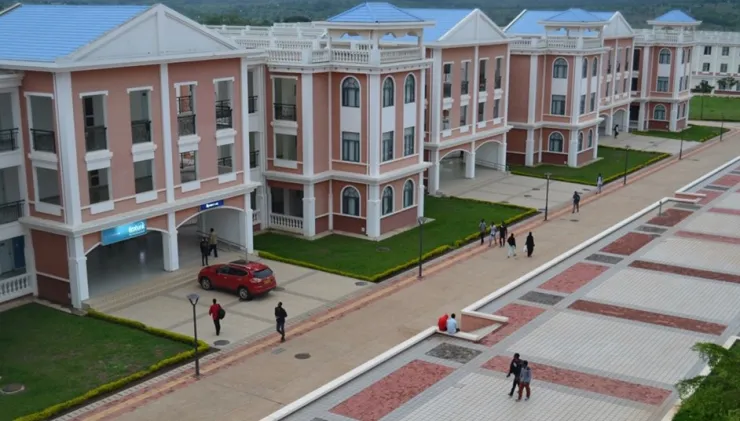The Malawi University of Science and Technology (MUST) has once again been ranked among the best universities in the Times Higher Education (THE) sub-Saharan Africa University Rankings 2024.

MUST secured the 22nd position among some of the most prestigious universities in the region.In Malawi, another university ranked in the top 30 is Lilongwe University of Agriculture and Natural Resources (Luanar) at position 15.
According to THE, the sub-Saharan Africa University Rankings were specifically developed to address the unique challenges faced by higher education institutions in the region.
“The ranking follows a hybrid methodology to account for the diverse strengths of the sector. Unlike our other rankings, which tend to focus on a single mission, this one covers elements of teaching, impact, and research,” reads a statement issued by the University.
The statement further notes that the second edition of the rankings introduced significant updates to the original methodology.
“After consultations with university stakeholders in sub-Saharan Africa, we added a new pillar – ethical leadership – along with new metrics. We also reorganized existing metrics to align with this new structure and removed some metrics. These changes are detailed in the relevant pillar sections,” the statement adds.
This marks the second time MUST has achieved a high ranking in the sub-Saharan Africa rankings. In 2023, it was ranked 29th. The rise from 29th to 22nd position highlights the university’s dedication to advancing science, technology, and innovation in the country and beyond.
This year, the University of Johannesburg (UJ) in South Africa, has claimed the top spot with several other South African universities dominating the rankings.Reacting to the development, Director of Research and Outreach at MUST, Professor Alfred Maluwa said the new ranking position is a reflection of the many improvements MUST had made since the last rankings.
“We have registered tremendous improvements in critical areas of assessments such as publications, lecturer to student ratio, student enrolment, safeguarding and gender issues and many other areas. We will strive to keep on improving,” he said.

